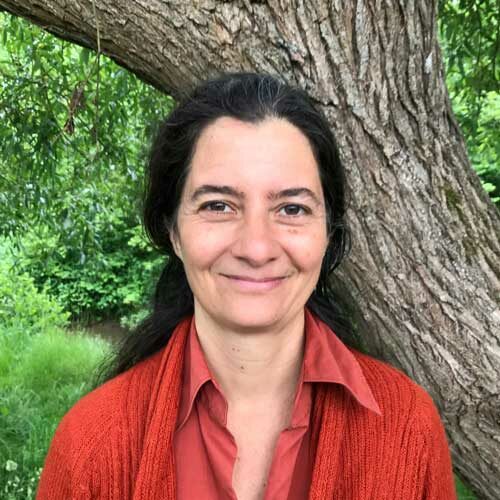We’re delighted to have Antonia Sumbundu guiding our Daily Meditation sessions this week. May these sessions support and deepen your practice.
This week’s theme is: Awakening Courage: Embracing Being, Belonging, and Becoming
A week of morning meditations to awaken the heart’s quiet, natural courage. Through presence, reflection, and stillness, these sessions invite us to rest in being – gently returning to awareness itself; to open into belonging – feeling our inseparable connection with the web of life; and to trust our becoming – the unfolding of wisdom and love through all that we do.
In the rhythm of being, belonging, and becoming, we are invited to live with authenticity, tenderness, and wholehearted courage.
Our Dharma Library thrives through collective generosity. Your donation helps sustain this offering for our entire community.
Read More







